At a glance
CDC's Office of Health Equity (OHE) supports the CDC John R. Lewis Undergraduate Public Health (Lewis) Scholars Program. Lewis Scholars complete exceptional work during their programs and go on to serve as our future public health leaders.
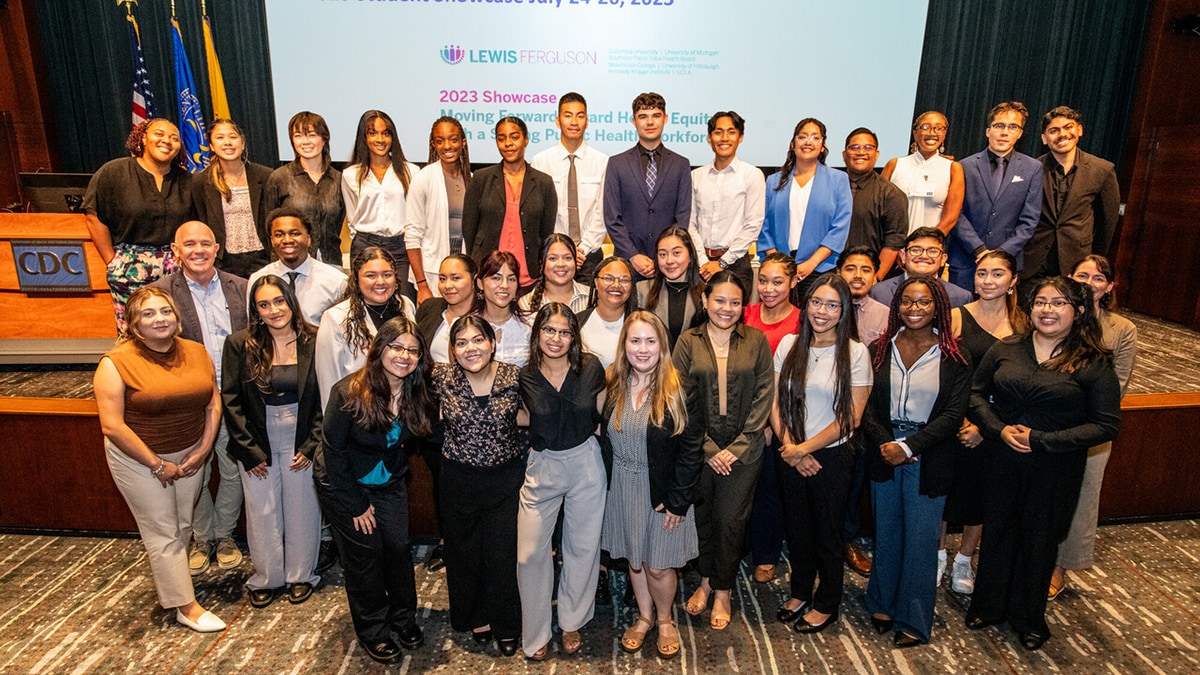
About the Williams-Hutchins Health Equity Award
The Williams-Hutchins Health Equity Award recognizes exceptional projects from the Lewis Scholars Program that advance health disparity science and minority health. Outstanding student projects from each of the seven institutions currently delivering the Lewis Scholars program are selected for the Williams-Hutchins Award. These projects exemplify exceptional attributes such as new approaches, innovations that improve service to the public, creativity, and efforts beyond the call of duty.
2023 Award Recipients
Award Recipient: Sebastian Cota
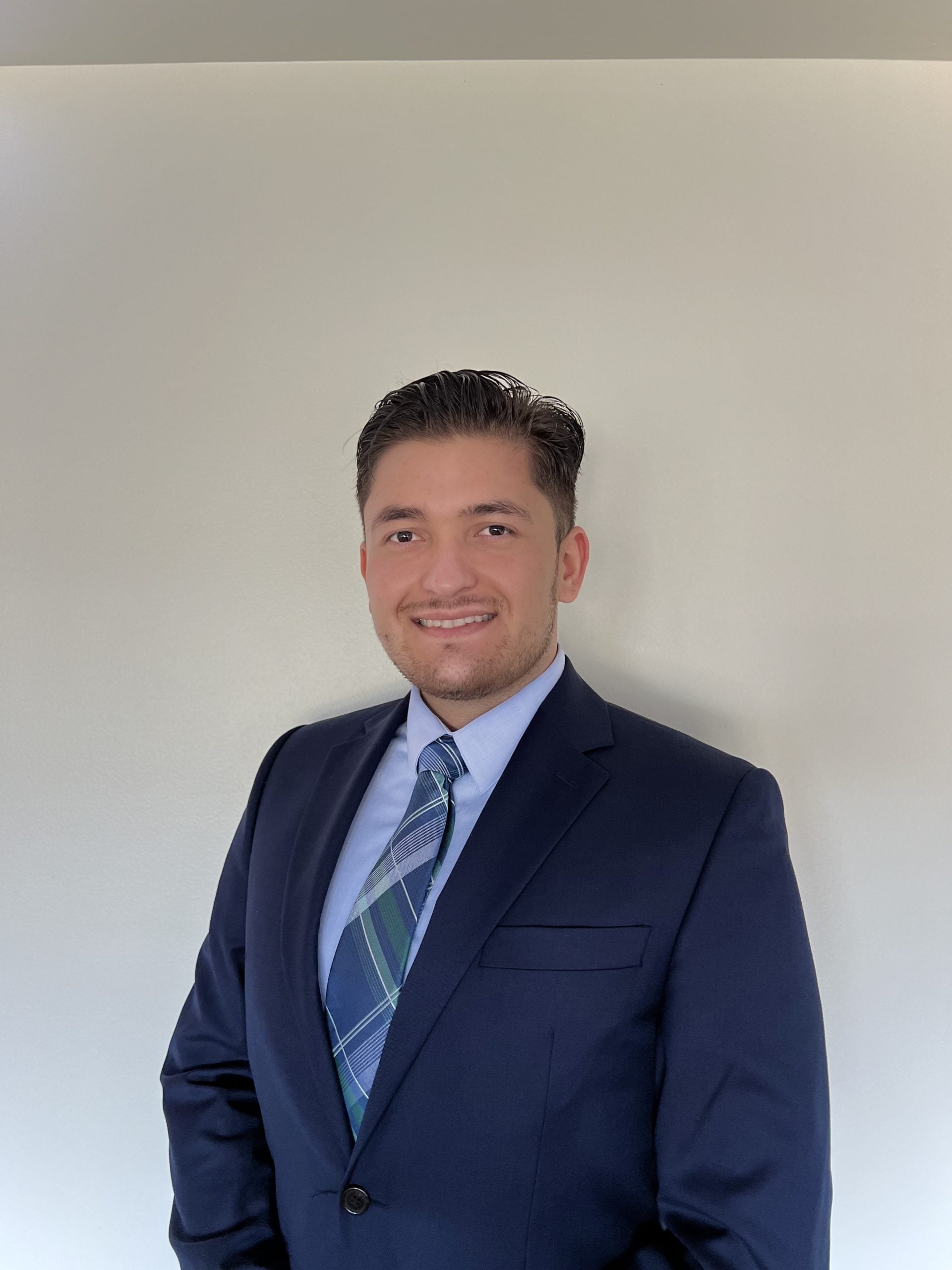
School: Columbia University, Summer Public Health Scholars Program (SPHSP)
Project Title: Evaluating Food Equity in Uptown Manhattan Through Affordability Analysis: Comparing the Price of Groceries in Bodegas and Supermarkets
Project Details: Seeking to understand ways to prevent food-related chronic disease, Sebastian evaluated barriers to food equity through an affordability analysis of groceries in Washington Heights, New York. Food insecurity is a risk factor for diseases such as obesity and diabetes, therefore factors such as quality, availability, and affordability must be evaluated when pursuing food equity and designing efforts to prevent nutrition-related chronic disease. This study compared the price of four grocery items available in 38 Washington Heights bodegas and 40 Uptown Manhattan supermarkets using an independent sample T-test. Results indicated a statistically significant higher price of groceries at bodegas than supermarkets on average. This pilot study provides an opportunity for further research in many areas.
Award Recipient: Carly Wheeler
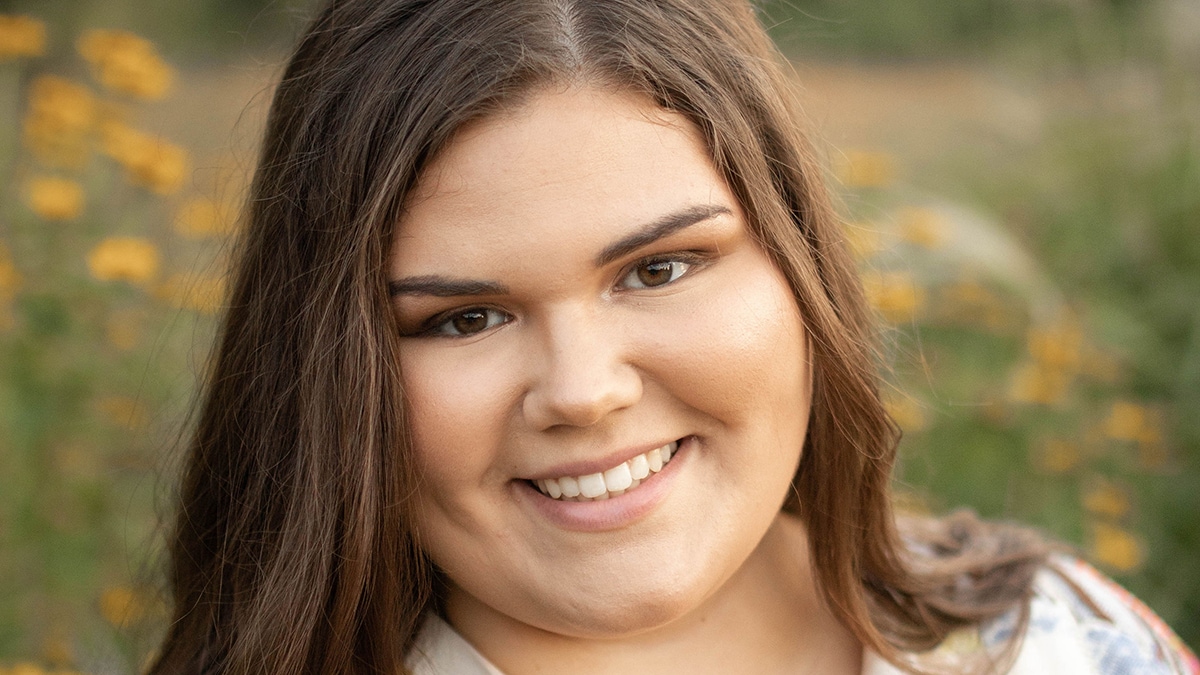
School: Kennedy Krieger Institute (KKI), Maternal Child Health Careers/Research Initiatives for Student Enhancement – Undergraduate Program (MCHC/RISE-UP)
Project Title: Challenges that Impact the Mental, Physical, and Social Health of Newly Arrived Refugees in South Dakota
Project Details: Lutheran Social Services Center for New Americans (LSS CNA) in Sioux Falls, South Dakota, resettles individuals and families who have fled their homes because of persecution based on race, politics, religion, gender, and sexual orientation. At LSS CNA, Carly's main objective was to evaluate the common challenges newly arrived refugees face that result in health disparities within their population. She also devoted time to considering how community members, health professionals, and social workers could work to improve the overall health of refugee populations. Carly worked on several different projects while at LSS. She developed and implemented a cultural orientation curriculum that addressed domestic violence, gender roles, and sexual and reproductive health. Carly facilitated registration with the Sioux Falls Parks and Recreation Department for refugee and immigrant children to receive free swimming lessons. She collaborated with community health workers to educate LSS CNA case managers about effective and respectful medical advocacy.
Award Recipient: Clarke Avery
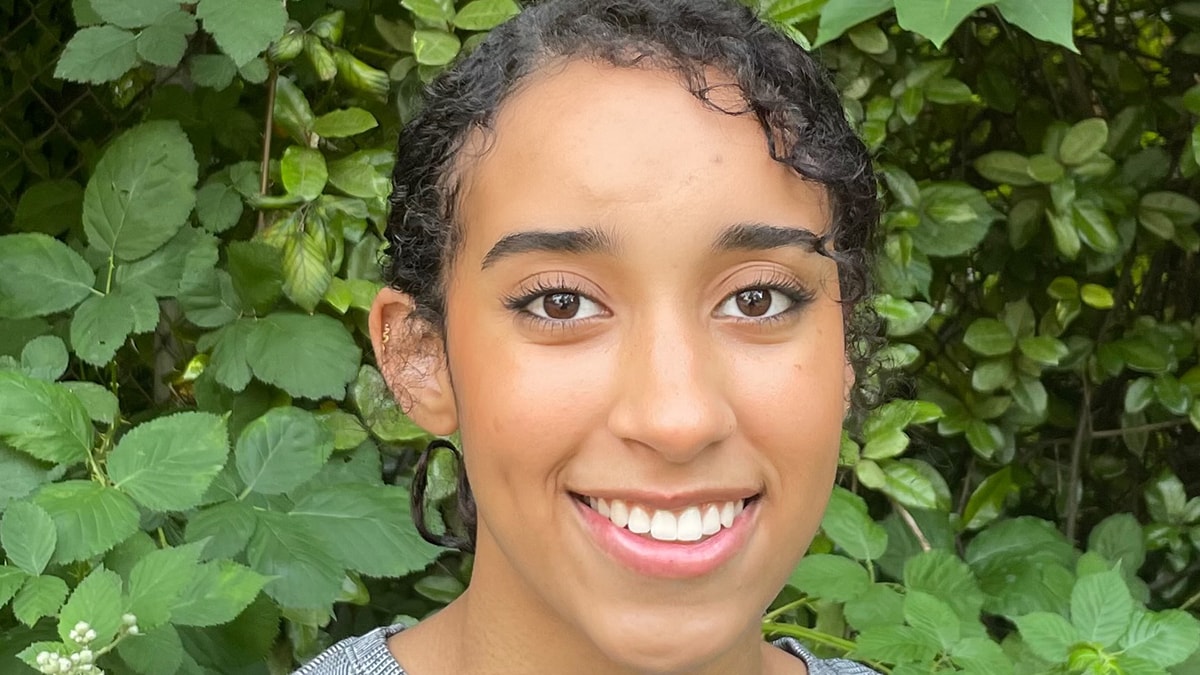
School: Morehouse College, Project Imhotep
Project Title: Evaluating Landscapers' Exposure to Hazardous Air Pollutants from Gasoline-Powered Leaf Blowers
Project Details: The National Institute for Occupational Safety and Health (NIOSH) aims to support CDC in its efforts to assure "every man and woman in the Nation safe and healthful working conditions and to preserve our human resources" with a focus on the study of worker safety and health, and empowering employers and workers to create safe and healthy workplaces. The purpose of Avery's project was to evaluate how extensive use of gasoline-powered lawn and gardening equipment (GLGE) in residential and commercial settings is a prominent environmental and health concern. To conduct this research, the methodology consisted of four steps: literature review, emissions measurement, landscaping employer interviews, and a health risk assessment. The results of this effort are the following: paired t-test comparing gasoline-powered lead blower (GLB) operators and bystanders' exposure to emissions, health risk assessment for improved capacity building in occupational health policy forecasting, and better support for collaborations related to NIOSH.
Award Recipient: Aysha-Lynn Estrella
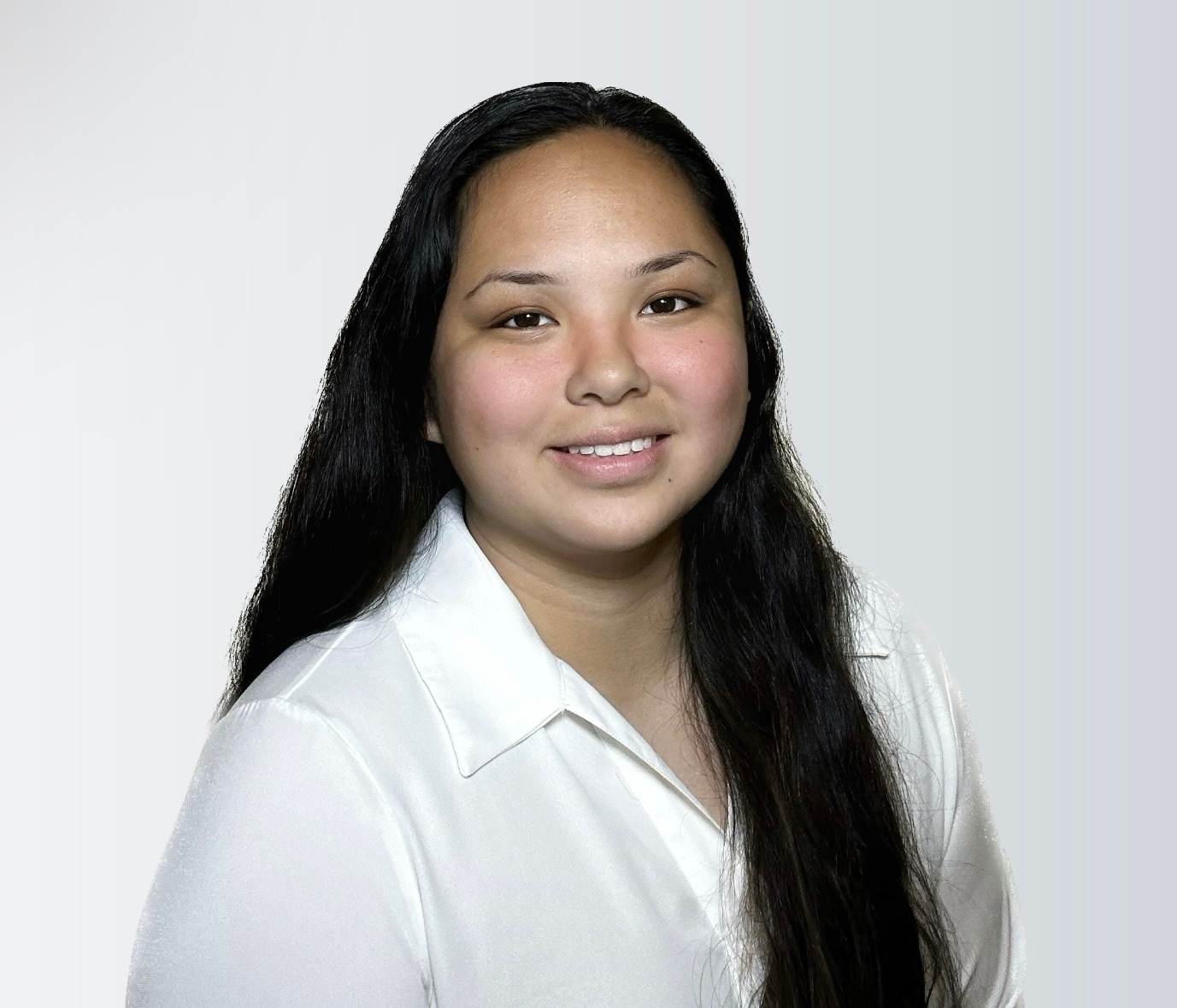
School: University of Michigan School of Public Health, Future Public Health Leaders Program (FPHLP)
Project Title: Utilizing Traditional Food Systems to Address Health Outcomes in Native Hawaiians
Project Details: Aysha-Lynn Estrella was an intern with the Southern Tribal Plains Health Board as a part of their Tribal Health Experiential Student Internship Seminar (THESIS). The THESIS program aims to foster health equity by educating and addressing Native American and Alaskan Native health. Aysha-Lynn's primary objective was to advocate for food sovereignty and outline potential policy changes that can help address high obesity and food insecurity rates in the state of Hawaii. Historical factors, socioeconomic disparities, and the shift towards Western diets have disrupted traditional food systems, which, in turn, have led to adverse health outcomes for Native Hawaiians. The policy suggestions made were informed through research using data analysis and literature reviews. The main conclusion of the project was that greater land allocation for the purpose of growing traditional foods could help address obesity and food insecurity rates.
Award Recipient: Kristina Serrano
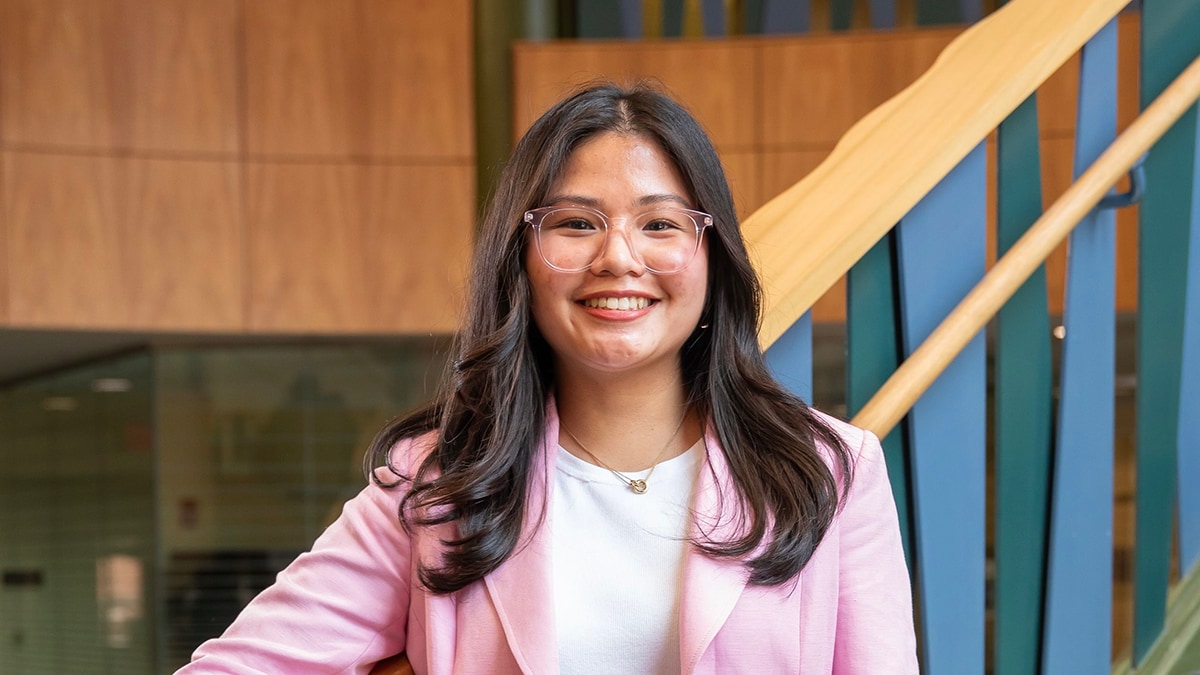
Project Title: Investing Power in Youth: Strengthening Health Literacy Through Youth Participatory Action Research (YPAR)
Project Details: Kristina served the youth of Southwest Detroit as an intern with the Community Health and Social Services (CHASS) Center. The LA VIDA Youth Summer program is an extension of the LA VIDA Partnership, one of the many wellness programs that CHASS offers community members, where youth ages 12-24 are given a safe space to explore and address critical health topics such as teen dating violence, sexual assault, relationships, consent, and more. As a facilitator for this weekly educational program, Kristina explored the impact of health communication and Youth Participatory Action Research (YPAR) as a means to improve health literacy among youth. With research, Kristina curated a YPAR guide for enhanced comprehension of the approach at other community organizations.
Award Recipient: Francisca Centron Seguel

School: University of Pittsburgh, Pitt Public Health Undergraduate Scholars Program
Project Title: Out of the Chaos: The Development of an Evaluation Tool to Inform Youth Gun Violence Prevention Efforts in Pittsburgh
Project Details: The Centers for Disease Control and Prevention has recognized that gun violence is the top killer of youth aged 1-19 in the United States. Pittsburgh, Pennsylvania mirrors this trend, specifically where young Black men are most at risk of falling victim to gun violence. Housed in Allegheny County is Youth Enrichment Services, Inc. (YES), a non-profit organization that has supported historically underserved youth for three decades. Francisca's primary project was to develop a program evaluation tool for the organization's Annual Teen Violence Prevention Symposium. The results of the evaluation indicated that youth participants gained a sense of self-efficacy about this matter and an overall positive sentiment towards the symposium. This evaluation will contribute to better informing and tailoring future youth gun violence prevention efforts led by YES in the community.
Award Recipient: Alexus Mcintosh
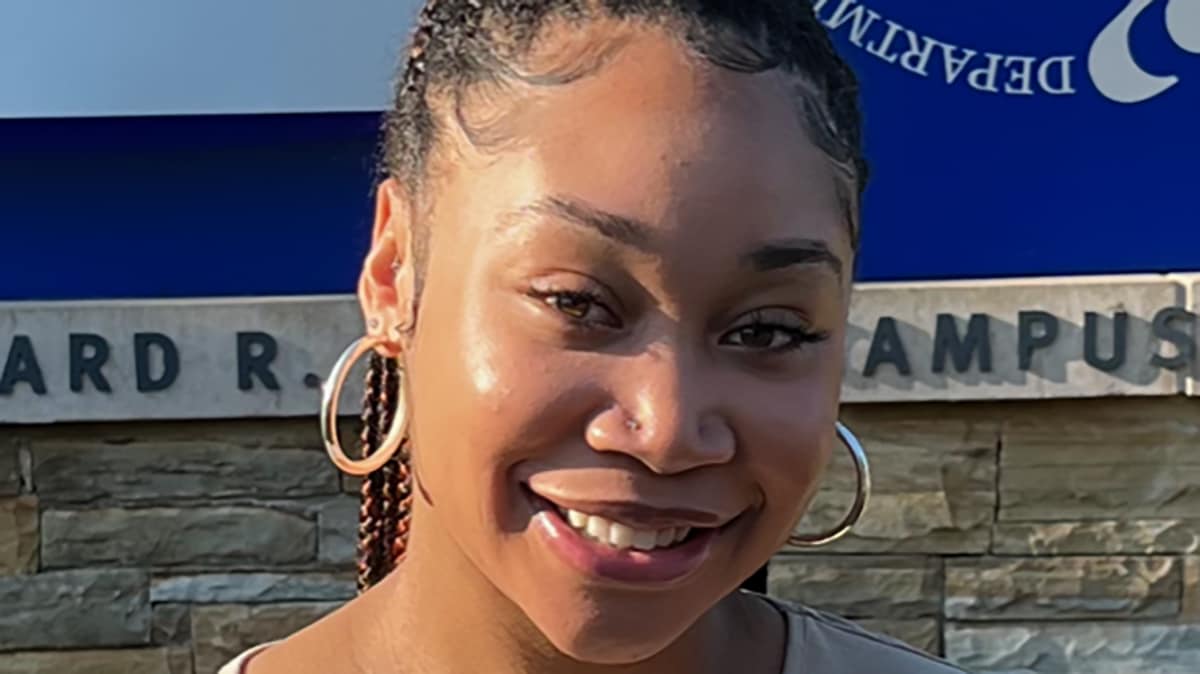
School: University of California, Los Angeles (UCLA), UCLA Public Health Scholars Training Program
Project Title: Community Health Advocate and Student Researcher on WASH (water and sanitation, hygiene) Insecurities among the Unhoused Population in the Event of a Flood
Project Details: Alexus interned with Dignity Health California Hospital Medical Center, an organization that serves some of the most vulnerable populations in Los Angeles, California. Alexus worked with her professional mentor to create a health education newsletter for the community. She also worked closely with the team to design and create materials and implement a new program called, "Mind Matters." Alexus attended workshops to learn more about various topics, including Alzheimer's Disease and mental health. In addition to attending lectures and actively participating in classroom discussions, Alexus collaborated with a small group of peers on a health equity project. Her academic poster, presented at the CDC Showcase, explored literature on WASH (water and sanitation, hygiene) insecurities among the unhoused population in the event of a flood and provided recommendations on best practices.
